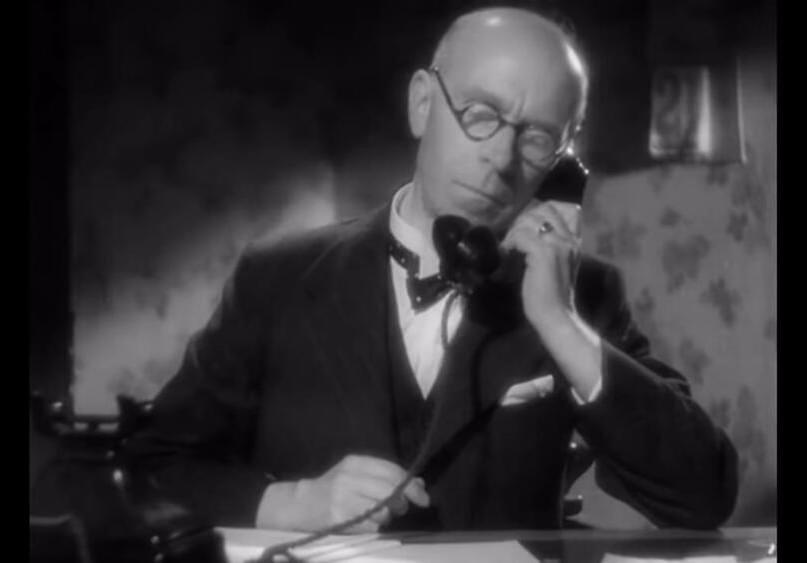With the web of undersea cables lacing the continents together now, it’s hard to imagine that it wasn’t until 1956 that the first transatlantic telephone cable was laid. Sure, there were telegraph cables under the Atlantic starting as early as the late 1800s, but getting your voice across the ocean on copper was a long time coming. So what was the discerning 1930s gentleman of business to do when only a voice call would do? He’d have used a radiotelephone, probably at an outrageous expense, which as this video on the receiving end of the New York to London radio connection shows, was probably entirely justified.
The video details the shortwave radiotelephone system that linked New York and London in the 1930s. It starts with a brief but thorough explanation of ionospheric refraction, and how that atmospheric phenomenon makes it possible to communicate over vast distances. It also offers a great explanation on the problems inherent with radio connections, like multipath interference and the dependency on the solar cycle for usable skip. To overcome these issues, the Cooling Radio Station was built, and its construction is the main thrust of the video.
Built on Cooling Marshes along the Thames well outside of London, the receive-only radio station was a gigantic undertaking. It consisted of a two-mile-long rhombic array antenna, pointed directly at the transmitting site in Lawrenceville, New Jersey. The pool-table-flat marshland made for a perfect place for the array; the fact that the ground was saturated with brackish tidal water had the added benefit of excellent electrical conduction, too. The amount of work it took to raise the antenna masts and booms is impressive — very little power equipment was used. And we loved the details about the hardline coaxial used to stitch the antennas together — it was made on-site from copper tube and insulating spacers.
